
Matt Dannenberg
Title/Position
Assistant Professor
Matt is a global change ecologist who studies past, present, and projected climate variability and change and how terrestrial ecosystem function (e.g., growth, phenology, primary production, and water use) responds to that change. His work focuses in particular on using tree rings, remote sensing, and flux towers to understand responses of both forests and drylands to increasing precipitation variability and increasing vapor pressure deficit. He received both his M.A. and Ph.D. in Geography from UNC Chapel Hill and then did his postdoctoral research at the University of Arizona. He’s been an assistant professor at the University of Iowa since 2019. In his free time, Matt enjoys building things, playing disc golf and Magic: The Gathering, reading sci-fi/fantasy novels, and listening to death metal.
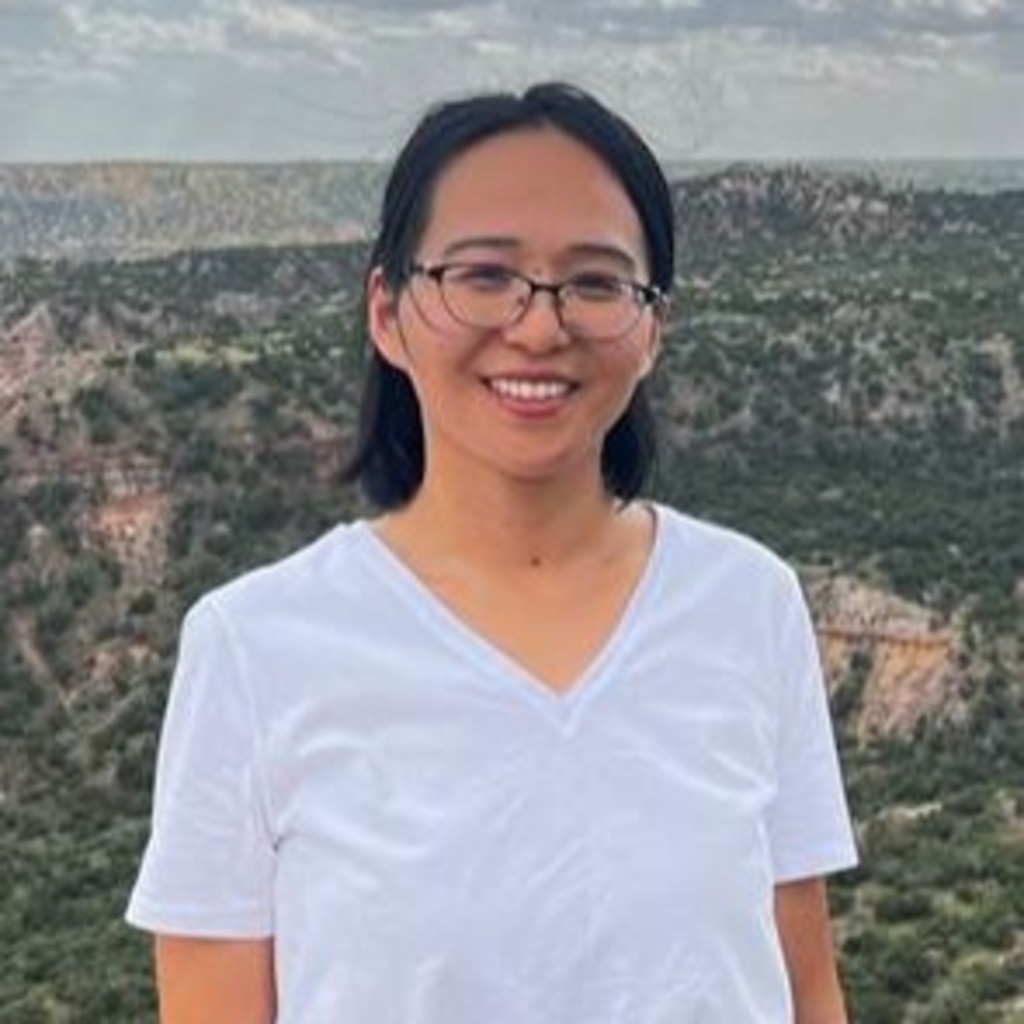
Qing Chang
Title/Position
Postdoctoral Research Associate
Qing is a multidisciplinary environmental scientist with expertise in agricultural drought, plant physiology, ecohydrology, and remote sensing. Her research focuses on assessing and predicting the effects of climate variability on the health and productivity of terrestrial plants in both natural and managed ecosystems. Working across multiple scales, from individual fields to global ecosystems, Qing uses interdisciplinary methods to enhance our understanding of how terrestrial vegetation responds to climate change and extreme events, such as drought. Her work explores vegetation responses at various levels—ranging from the organ level and canopy structure to overall ecosystem function. In addition, Qing develops predictive models to forecast future ecosystem conditions, enhance terrestrial productivity, and optimize carbon sequestration.

Feng Wang
Title/Position
Postdoctoral Research Associate
Feng uses various properties of annually resolved tree rings to study Earth’s climate history, its driving mechanisms, and the dynamics of forest ecosystems from regional to global scales. His research focuses particularly on the application of cutting-edge techniques, including X-ray densitometry and computed tomography (CT), dendrometers, quantitative wood anatomy, and tree-ring modeling, to improve our understanding of climate variability through tree-ring records. He is currently working on an NSF project to study the tree responses to extreme precipitations across the contiguous U.S. Prior to joining the University of Iowa, Feng was a postdoctoral researcher at the National Institute of Scientific Research in Quebec City, Canada.
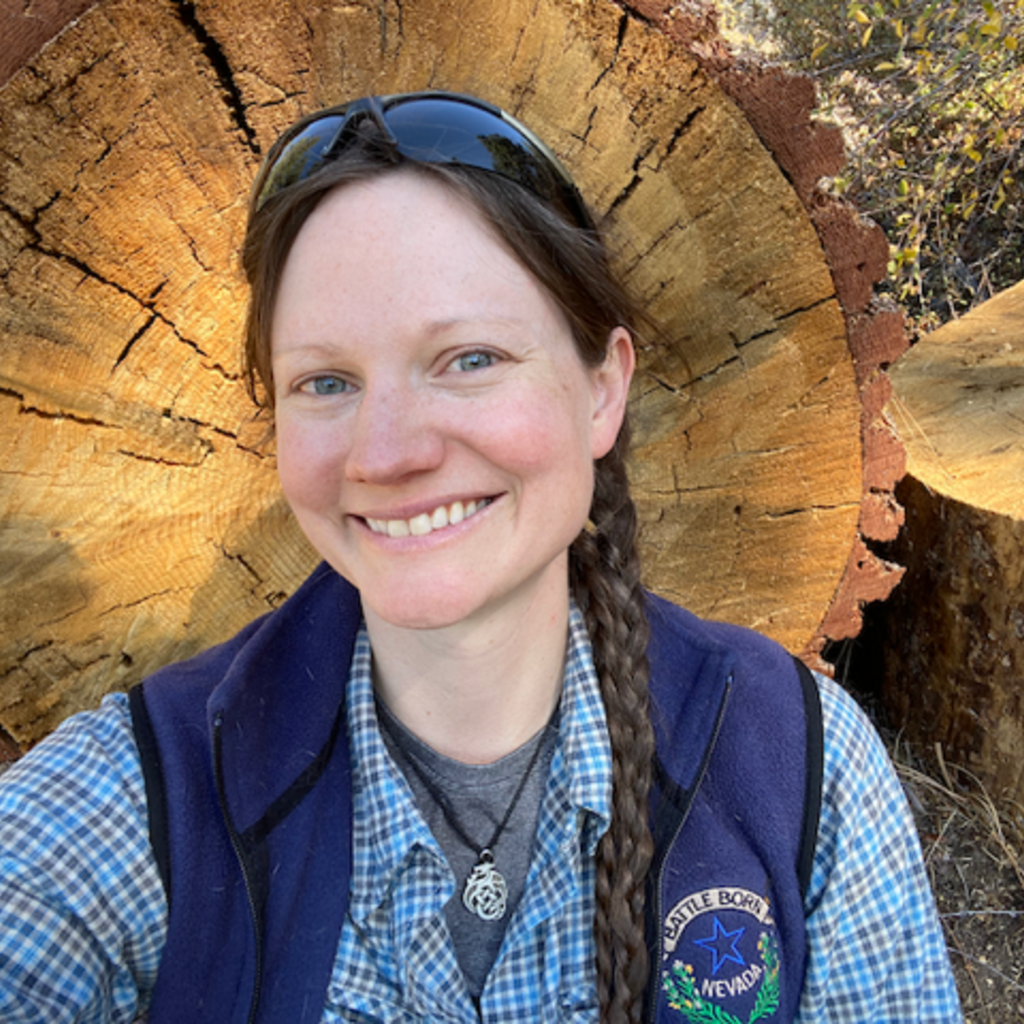
Victoria Harris
Title/Position
Ph.D. Student
Victoria is a dendrochronologist whose research focuses on past climate. She uses tree rings to discover past, present, and future changes in the hydroclimate. Her particular research interests focus on precipitation, atmospheric moisture demands, climatic oscillations, and river streamflow. Her current research specializes on sub-annual climate signals and societal impacts of near-future hydroclimatic shifts in the US Midwest. She is also an educator and science communicator whose primary field is the interactions between humans, their environment, and local climatic phenomena.
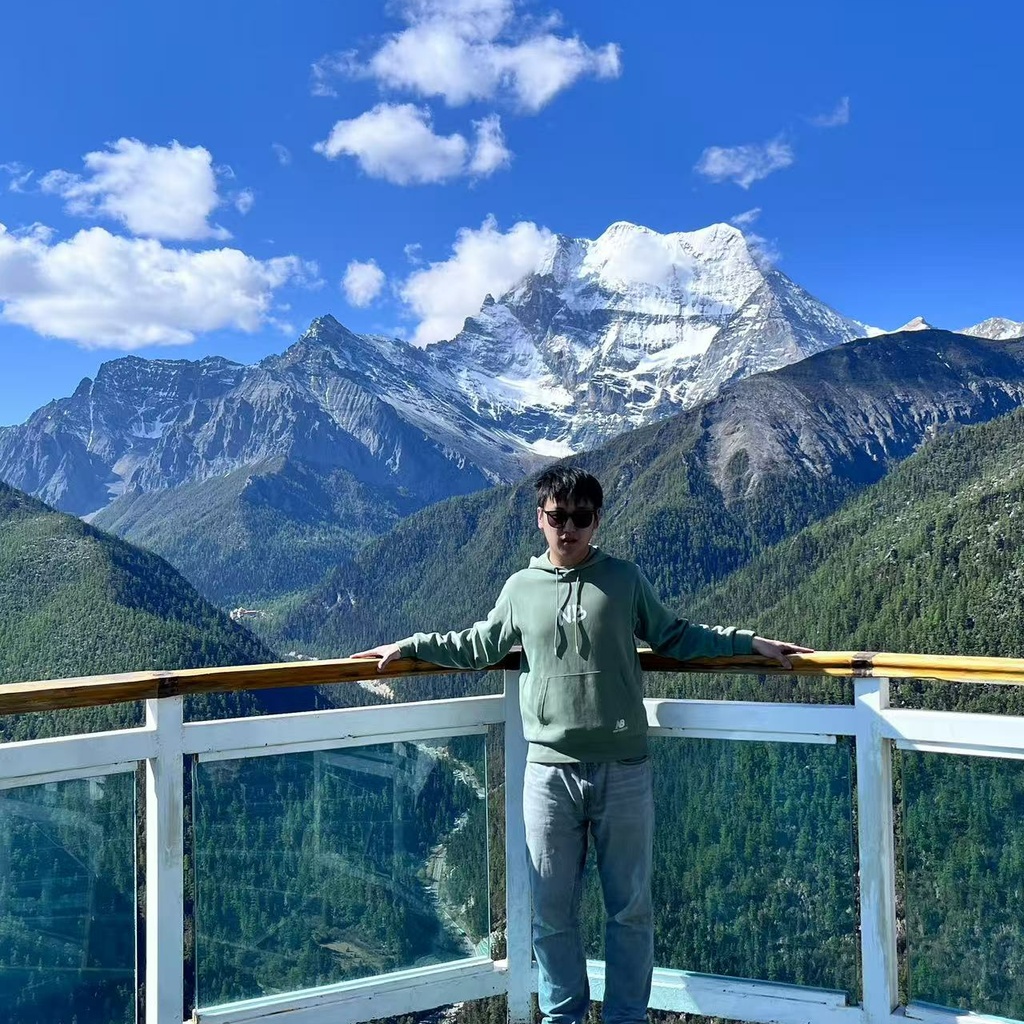
Xiuchen Jiang
Title/Position
M.A. Student
Xiuchen's research focuses on the impact of global climate change on plants and their adaptability. Currently, he mainly uses growth chambers to explore the shifts in plant critical temperatures and their responses under future climate change. Additionally, he integrates fieldwork, remote sensing, and other advanced tools to gain a comprehensive understanding of plant-environment interactions. Before joining the University of Iowa, he earned a bachelor's degree in China, where he developed a deep fascination with geography and ecology. He is an explorer of nature and a seeker of scientific truth, driven to uncover the hidden dynamics of plants and climate.
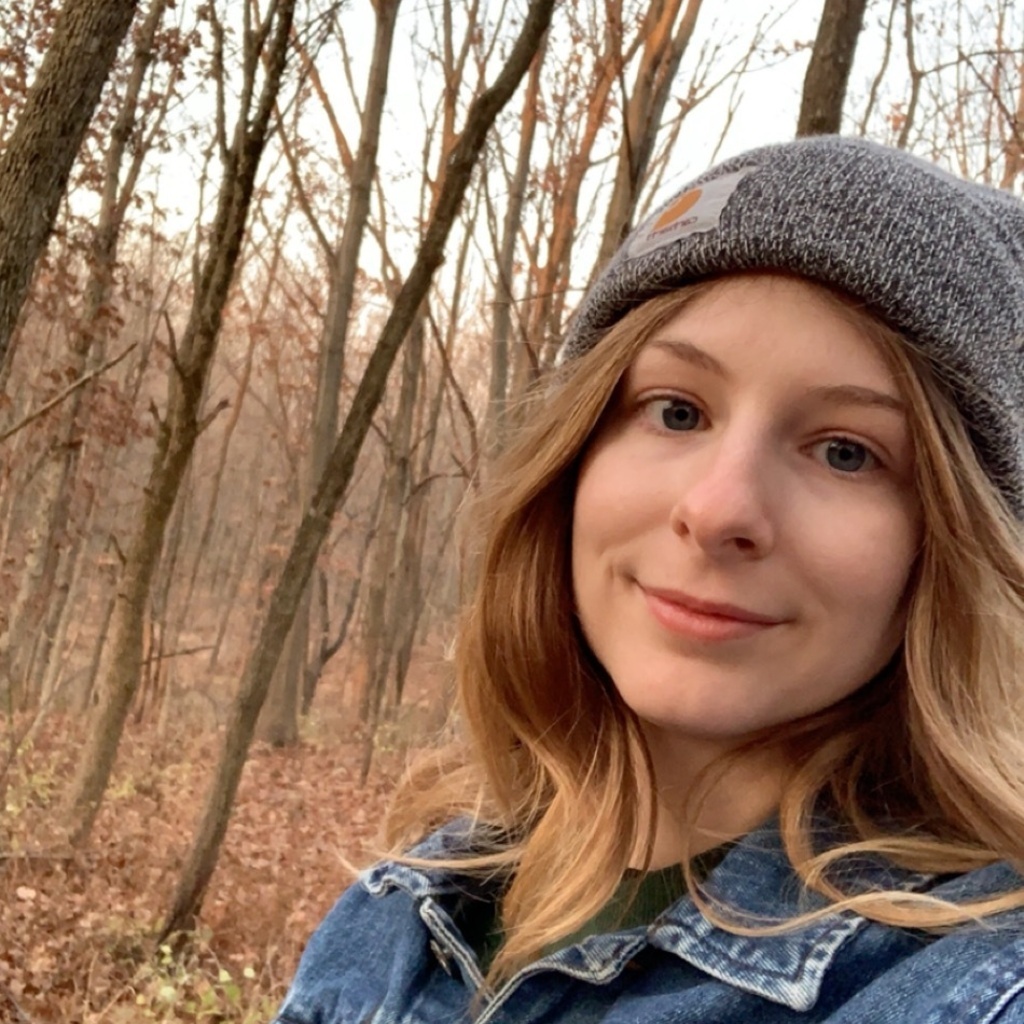
Riley Pacer
Title/Position
M.A. Student
Riley is interested in understanding how our changing climate impacts the surface temperature and local cooling potential of prairie landscapes. She uses eddy covariance and remote sensing to monitor surface meteorology, ecosystem energy, and water fluxes which drive changes in land-surface and air temperatures. Prior to joining the Geography Department at the University of Iowa, Riley worked at Iowa’s Office of the State Archaeologist, managing GIS data. She is a FAA certified Remote Pilot with experience using drones to conduct field research. In her spare time, Riley enjoys quilting, gardening, and spending time with her fiancé and two cats.

Paige Liebrecht
Title/Position
Undergraduate Research Assistant
Paige is broadly interested in plant responses to environmental change and what these changes mean for future climate models. She is a research assistant for Xiuchen’s project, which uses growth chambers to monitor bur oak response to elevated temperature and CO2 concentration. Additionally, she plans to work with tree ring data as a proxy for past climate. She hopes that these experiences prepare her to develop, implement, and analyze experimental data to learn how plants respond to environmental change.
Alumni
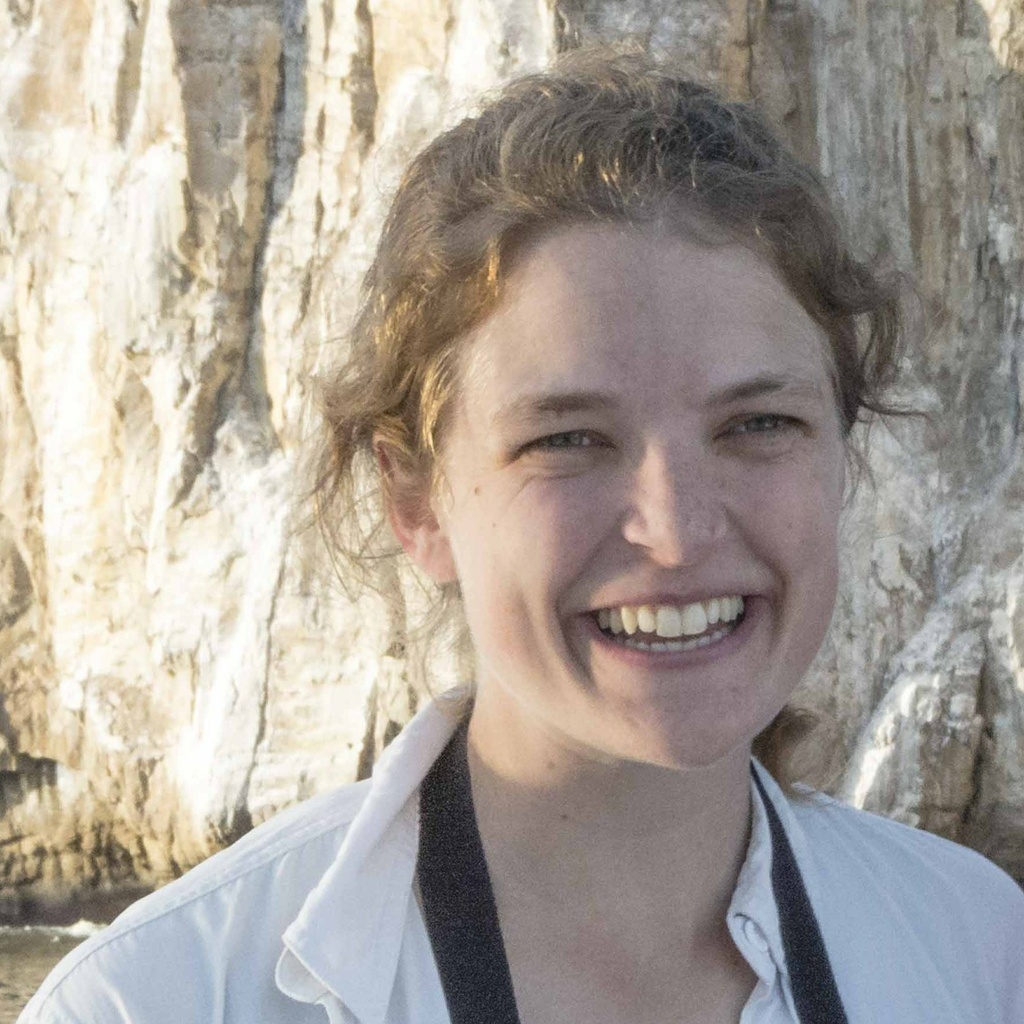
Miriam Johnston
Title/Position
Postdoctoral Research Associate
Miriam is a global change ecologist who uses ecosystem models and “big data,” such as remote sensing, to study the effects of climatic stress and disturbance on plant demography and ecosystem function. She is currently a post-doc at the Cary Institute of Ecosystem Studies, where she is working to develop a predictive understanding of post-wildfire forest regeneration in the central Rockies. Miriam holds a PhD in ecosystem ecology from Harvard University, where she received a NASA fellowship to integrate thermal remote sensing data with the Ecosystem Demography terrestrial biosphere model. She has an MS in ecology from the University of Maryland and a BA in conservation biology from Middlebury College. Miriam will begin as faculty at the University of Maryland Center for Environmental Science in the fall of 2025. Outside of research, Miriam enjoys beach combing, potlucking, and wandering up mountains with her pup.